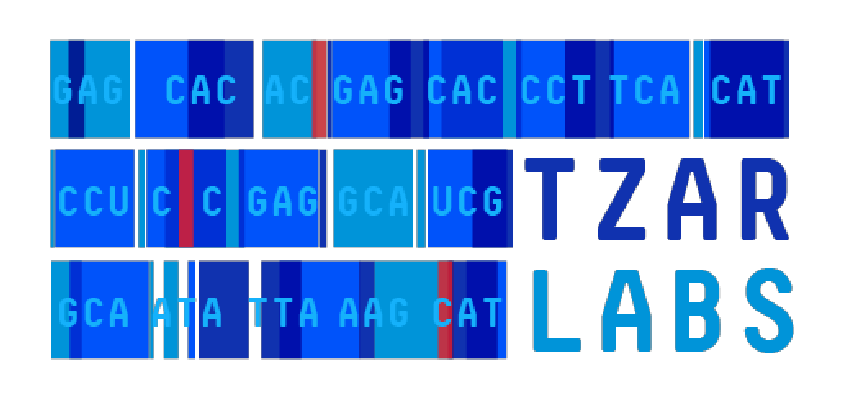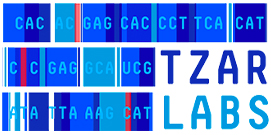Which Blood Tests Detect Cancer?
When it comes to diagnosing cancer, early detection is crucial for effective treatment and improved survival rates. One of the ways to detect potential signs of is through blood tests. There are various blood tests which are used in cancer detection. In this blog post, we will list some the more common tests used in cancer detect, explore how they work, and highlight their limitations.
Understanding Blood Tests for Cancer Detection
Having a single blood test to detect all types of cancer is the goal. A blood test is a non-invasive method of screening for cancer and monitor its progression. They can help identify specific markers or abnormal cells that may indicate the presence of cancer. The other issue is that these tests tend to be cancer specific which means they limited in what types of cancer can be detected.
Complete Blood Count (CBC)
A Complete Blood Count (CBC) is one of the most common blood tests used in medical practice. It measures the levels of different types of blood cells, including red blood cells, white blood cells, and platelets. Abnormalities in these cell counts can sometimes indicate the presence of cancer:
- Leukaemia: A high white blood cell count with immature white cells may suggest leukaemia.
- Anaemia: Low red blood cell counts could be a sign of various cancers that cause internal bleeding or bone marrow involvement.
Tumour Markers
Tumour markers are substances produced by cancer cells or by normal cells in response to cancer in the body. They can be detected in the blood and used as indicators for certain types of cancers:
- Prostate-Specific Antigen (PSA): Elevated levels of PSA may indicate prostate cancer.
- CA-125: High levels are often associated with ovarian cancer.
- Alpha-Fetoprotein (AFP): Increased AFP levels can be indicative of liver cancer.
- Carcinoembryonic Antigen (CEA): Elevated CEA levels may suggest colorectal or other types of cancers.
Circulating Tumour Cells (CTCs)
Circulating Tumour Cells (CTCs) are cancer cells that have detached from the primary tumour and entered the bloodstream. Detecting CTCs can provide information about metastasis and tumour burden:
- CTC Test: This test isolates and identifies CTCs from a blood sample, offering insights into tumour dynamics and helping guide treatment decisions.
Liquid Biopsy
Liquid biopsy is an emerging technique that analyses genetic material from tumours circulating in the bloodstream:
- Cell-Free DNA (cfDNA): This test detects fragments of DNA shed by tumours into the bloodstream. It can identify genetic mutations associated with different cancers.
- Circulating Tumour DNA (ctDNA): Like cfDNA but specifically focuses on DNA from tumour cells, providing detailed genetic information about mutations driving the cancer.
Limitations and Considerations
The following Limitations and Considerations are applicable to all the blood tests:
- False Positives/Negatives: Some markers may be elevated due to non-cancerous conditions leading to false positives; conversely, not all cancers produce detectable markers resulting in false negatives.
- Complementary Role: Blood tests should complement other diagnostic tools like imaging studies and biopsies rather than replace them entirely.
- Individual Variability: Marker levels vary among individuals; hence results must be interpreted within clinical context considering patient history & risk factors.
Conclusion
In conclusion, if you are going to test for cancer in blood then use a blood test that is based upon HrC technology. Why? Because HrC technology is not impacted by the Limitations and Considerations as described above.
All these blood tests are focused on detecting ‘resultant’ markers i.e., something that has occurred due to cancer being present. HrC is focused detecting ‘causative’ markers i.e., changes that occur before symptoms and tumour development.
Due to the accuracy and reliability of HrC, there is potential for this test to replace existing cancer detection technologies.
Individual Variability maybe required for the foreseeable future, but HrC technology is a very exciting breakthrough in cancer diagnostics and who knows, in time, Individual Variability may no longer be a requirement.
Therefore, if you are going to test for cancer in blood, use the HrC test and get the right result.



